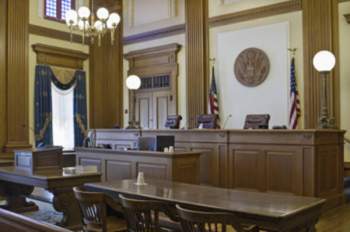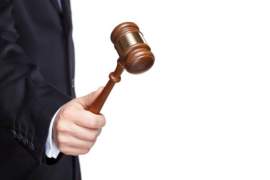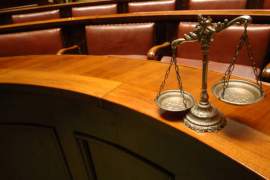
What to Expect in the Court Trial Process

Although there are different procedures for criminal and civil trials, there are some basic principles found in both types of trials. The judge has the power to control the court room, including rulings on objections and the allowance of evidence presented at trial.
In both cases, judges determine which information will be presented during trial and which information will be excluded. The judge may allow evidence, as long as it was gathered properly. However, the judge will not allow evidence to be presented if it was obtained illegally or if the evidence may have been tainted.
Both sides will present the evidence which proves their assumptions about the case, including witness testimony. After closing arguments, the judge or jury will make a determination about guilt or innocence. If an individual is found guilty, they will then be sentenced. Contact a trial lawyer for legal advice and assistance.



















